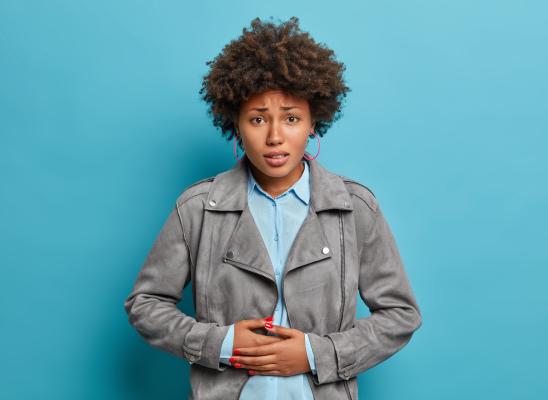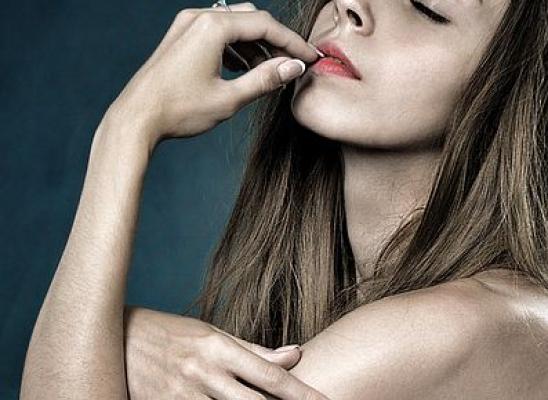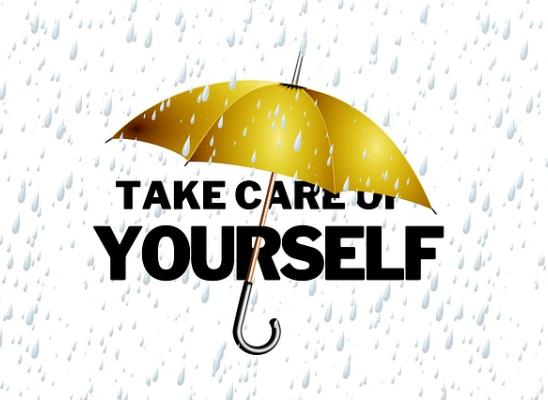Bipolar disorder and Trichotillomania

Online test
Find out the severity of your symptoms with this free online test
Bipolar disorder, also known as manic depression, is a mood disorder that causes emotional instability that brings extreme high and low moods and changes in sleep, vitality, thinking, and conduct. Individuals who have bipolar can have periods in which they feel excessively cheerful and stimulated and different times of feeling exceptionally sad, miserable, and languid. In the middle of those periods, they usually feel normal. You can think about the highs and the lows as two "poles" of state of mind and mood which is the reason it's called "bipolar" disorder. "Manic" depicts the circumstances when somebody with bipolar disorder feels excessively energized and happy. These sentiments can likewise include crabbiness and hasty or careless decision making. About half the portion of individuals during mania can likewise have dreams (believing things that aren't true and that they can't be talked out of) or pipedreams (seeing or hearing things that aren't there).
Common symptoms of bipolar disorder
- Feeling unusually high and optimistic or extremely irritable
- Sleeping very little but feeling extremely energetic
- Racing thoughts: jumping quickly from one idea to another
- Talking so rapidly that others can’t keep up
- Highly distractible
- Impaired judgement and impulsiveness
- Acting recklessly without thinking of consequences
- Delusions and hallucinations (in severe cases)
Bipolar and Trichotillomania
Trichotillomania, also known as compulsive hair pulling disorder, is caused by a large variety of different aspects. However, most people with the disorder have a neurologically based predisposition to do it. It works as a self-soothing mechanism, helping the person keep calm when they feeling stressed or anxious. While estimates differ, about 1 in 20 or 2% of the overall population has trichotillomania. This makes the disorder more common than Schizophrenia and Bipolar Depression. Unlike anxiety disorders (e.g. panic disorder, social anxiety, PTSD) where the fundamental symptoms are stress and fear, trichotillomania has a significantly more complex and heterogeneous set of symptoms.
Bipolar disorder falls under the category of mood disorders while trichotillomania falls under the category of Obsessive Compulsive and Related disorders. Comorbidity of Trichotillomania and Bipolar is not commonly reported with only a few anecdotal case reports of this combination that have been recorded in the medical literature. While there is no known correlation between the two disorders, it would be worth noting the symptoms of bipolar and how these could hinder, impact or even be a trigger for compulsive hair pulling. For example hair pulling is often triggered by feelings of restlessness or feeling sensory overloaded. When in a manic state someone with trichotillomania my find that their hair pulling increases. The key is to treat the individual holistically and not treat each condition in isolation.
Online test
Find out the severity of your symptoms with this free online test
Start your journey with TrichStop
Take control of your life and find freedom from hair pulling through professional therapy and evidence-based behavioral techniques.
Start Now



